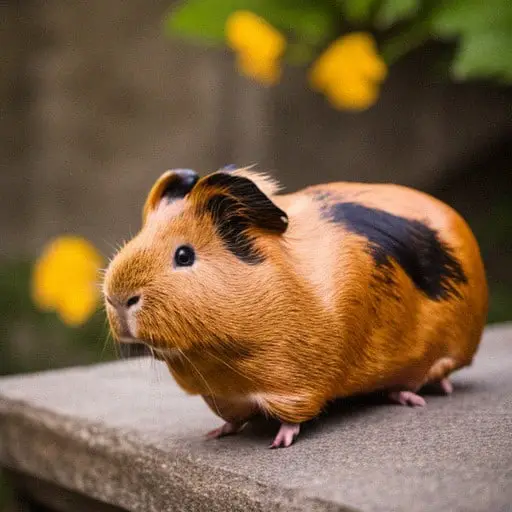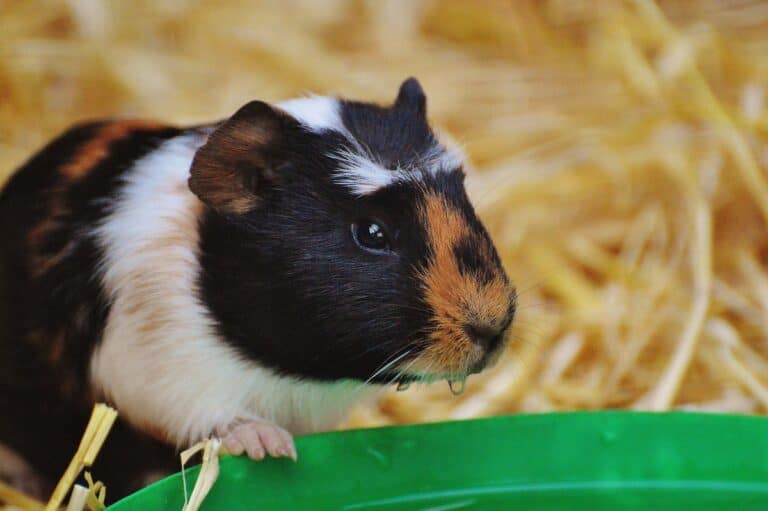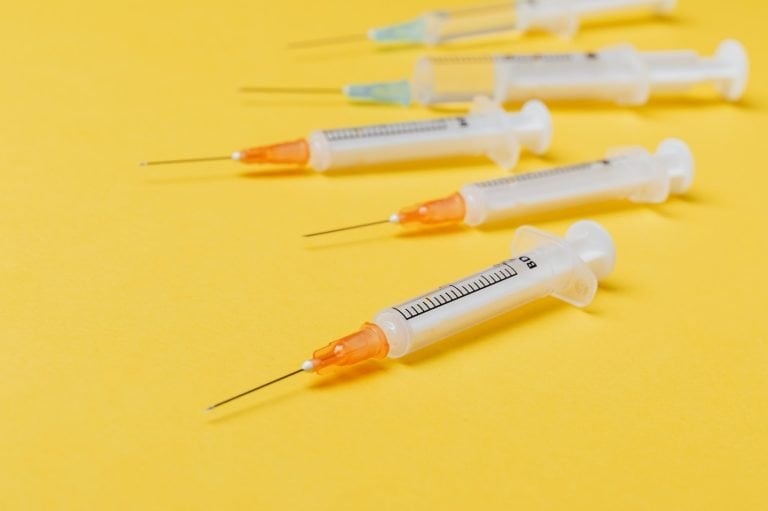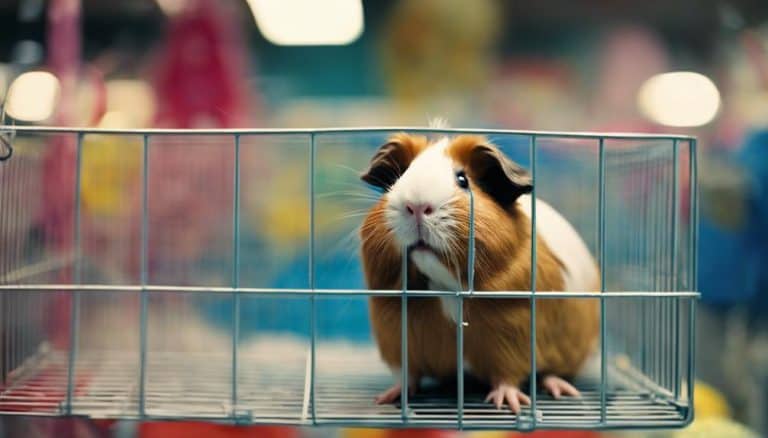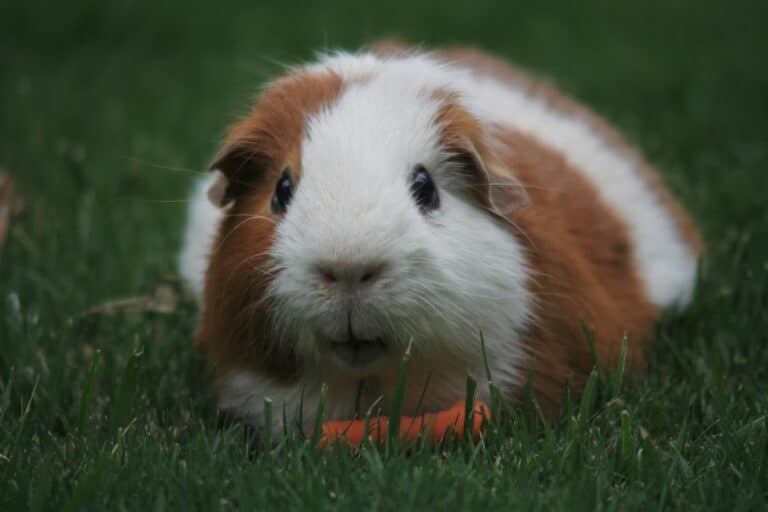Understanding Guinea Pig Mental Health: Can Guinea Pigs Develop PTSD?
Guinea pigs, often adored as cute and cuddly companions, have long been cherished as pets. However, the mental health of these small mammals is a topic that has received little attention in scientific studies and discussions.
Yet, amidst their seemingly carefree lives within cages filled with colorful toys and soft bedding, have you ever wondered about the potential for guinea pigs to experience trauma? Can these gentle creatures genuinely develop Post-Traumatic Stress Disorder (PTSD)?
In this intriguing article, we delve into the depths of understanding guinea pig mental health to unravel whether they too can suffer from the debilitating consequences of traumatic experiences. Prepare to explore a fascinating world where empathy meets furry altruism.
The Nature of Guinea Pig Trauma: Exploring the potential causes of psychological distress in guinea pigs
The Nature of Guinea Pig Trauma
Guinea pigs, like humans, are susceptible to psychological distress that can manifest in symptoms similar to post-traumatic stress disorder (PTSD). However, understanding the potential causes of trauma in guinea pigs is crucial for addressing their mental health needs.
Social Interaction and Bonding Issues
One potential cause of trauma in guinea pigs is social interaction problems. These animals thrive on companionship and form strong bonds with fellow guinea pigs or even human caregivers. If they are isolated from others or experience repeated disruptions in their social group dynamics, it can lead to feelings of fear, anxiety, and loneliness.
Environmental Factors
Another possible source of trauma for guinea pigs lies within their environment. Loud noises, sudden movements, or unexpected changes in surroundings can startle them and trigger a stress response. Additionally, insufficient space or inadequate housing conditions may lead to constant stress due to restricted mobility and lack of privacy.
Understanding these potential causes allows us to create environments that promote positive mental well-being for our furry friends and develop strategies for preventing and addressing psychological distress in guinea pigs. By prioritizing their emotional needs alongside physical care requirements, we can ensure healthier outcomes for these beloved pets.
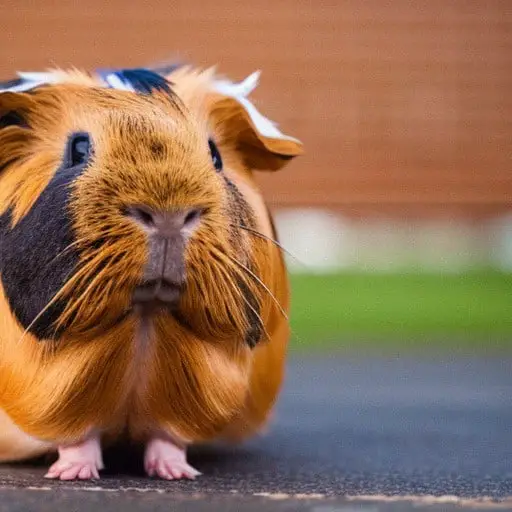
Identifying PTSD Symptoms in Guinea Pigs: Understanding how trauma may manifest in these small mammals
When it comes to identifying PTSD symptoms in guinea pigs, it is important to understand how trauma may manifest in these small mammals. While guinea pigs cannot communicate their feelings verbally, there are several signs that can indicate the presence of PTSD:
- Hyperactivity and restlessness: Traumatized guinea pigs often exhibit excessive activity levels and have trouble settling down. They may constantly run around their enclosure or display restless behavior.
- Hypervigilance and fearfulness: Guinea pigs with PTSD are overly alert and easily frightened by minor stimuli such as sudden noises or movements. This heightened state of vigilance is a common reaction to traumatic experiences.
- Avoidance behaviors: Traumatized guinea pigs may actively avoid certain people, places, or objects associated with their traumatic event. They might retreat to hiding spots within their enclosure whenever they feel threatened.
- Loss of appetite and weight loss: PTDS can also affect a guinea pig’s eating habits due to high anxiety levels experienced during mealtime.
- Sleep disturbances: Just like humans suffering from PTSD, traumatized guinea pigs often struggle with sleep disruptions such as insomnia or frequent waking during the night.
By being aware of these potential symptoms and providing appropriate care, we can help improve the mental well-being of our beloved guinea pig companions who might be struggling with post-traumatic stress disorder.
The Impact of Environment on Guinea Pig Mental Health: Examining the role of cage conditions and social interactions
Guinea pigs, like humans, can be affected by their environment. Cage conditions play a crucial role in determining their mental health. Cramped cages can lead to chronic stress that may manifest as anxiety or even depression-like behaviors in guinea pigs. It is important to provide them with enough space to move around comfortably and engage in natural behaviors such as burrowing and exploring.
Social interactions also have a significant impact on guinea pig mental health. These animals are highly sociable creatures and thrive when they have companionship from other guinea pigs or even humans who interact with them regularly. Isolation can cause feelings of loneliness and contribute to the development of stress-related disorders.
To ensure good mental health for your pet guinea pig, provide them with an appropriate-sized cage that allows for adequate exercise and stimulation, along with opportunities for social interaction.
Treatment and Prevention: Strategies for promoting mental well-being and addressing trauma in guinea pigs
Guinea pigs, like all living creatures, can experience trauma and suffer from a decline in mental well-being. While they may not develop PTSD as humans do, it is essential to address their emotional needs to ensure optimal health.
- Provide a safe environment: Guinea pigs thrive in secure spaces that offer them privacy and protection. Ensure their cages are secure from potential threats such as other pets or loud noises.
- Socialization: Guinea pigs are social animals that benefit from interaction with humans or other guinea pig companions. Regular handling and supervised playtime can help prevent feelings of loneliness or isolation.
- Routine care: Maintaining good physical health through regular veterinary check-ups, proper nutrition, clean bedding, fresh water supply ensures overall well-being in guinea pigs.
- Environmental enrichment: Stimulating the guinea pig’s mind with toys like tunnels and puzzles promotes mental stimulation while mimicking their natural habitat.
If you suspect your guinea pig has experienced trauma or significant behavioral changes persist despite these strategies, consult a veterinarian who specializes in exotic animals for further guidance on specialized treatments available for support.

